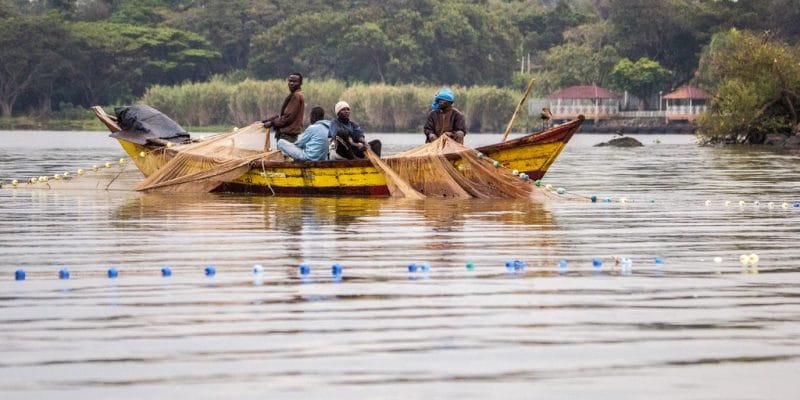Lake Victoria is the biggest lake in Africa and the central supply of the Nile, lying predominantly in Tanzania and Uganda, verging on Kenya. Its region is 26,828 square miles (69,484 square km) among the freshwater pools of the world.
It is a vital food, water, and transportation source for East Africa’s millions. However, the lake faces several threats from economic activities, which devastate its ecology.
Unsustainable agriculture: The land around Lake Victoria is mainly used for agriculture. The fertile soil in the area is ideal for growing crops, which has led to a lot of farming in the region. However, this has put a strain on the lake’s resources. Runoff from agricultural fields carries fertilizers and pesticides into the lake, which can pollute the water and harm aquatic life.
Overfishing: Lake Victoria has over 500 species of fish, many of which are commercially crucial at the national and international levels.
Also, in recent years, the fishing industry has expanded rapidly, leading to the overfishing of many species. This has caused a decline in fish stocks, which has a ripple effect on the entire food chain.
Deforestation: The trees that once surrounded Lake Victoria helped to filter pollutants and sediment from the water. However, much of the forest has been cleared for agriculture and development. This has increased soil erosion and sedimentation, polluting the lake and smothering its aquatic plants.
Pollution: The cities and towns around Lake Victoria discharge untreated sewage and industrial waste into the lake. This pollution is causing the lake to become eutrophic, accumulating too much nutrients. This leads to algae blooms, which deplete the oxygen levels in the water and can kill fish.
Climate change: Another threat is climate change, which causes the lake to become warmer and more acidic, making it more difficult for some fish species to survive. In addition, climate change is causing more extreme weather events, such as droughts and floods, which can damage the lake’s ecosystem.
The Challenges in Managing Threats
One of the biggest challenges in managing these threats is their interconnectedness. For example, overfishing can lead to the introduction of invasive species, which can then compete with native fish for food. This can lead to further declines in fish stocks, making it more challenging to sustain fishing communities.
The lake is shared by three countries: Kenya, Tanzania, and Uganda. This can make it difficult to coordinate efforts to manage the lake. Each country has its own interests and priorities, and it can be difficult to get them to agree on a common action plan.
Finally, the challenges of managing threats to Lake Victoria are compounded by climate change. Climate change is causing the lake to become warmer and more acidic, making it more difficult for some fish species to survive. In addition, climate change is causing more extreme weather events, such as droughts and floods, which can damage the lake’s ecosystem.
The Potential Consequences
One of the most immediate consequences of inaction would be a decline in fish stocks. Overfishing is already a significant problem on Lake Victoria, and if it continues, it could lead to the extinction of many fish species. This would have a devastating impact on the fishing communities that rely on Lake Victoria for their livelihood.
Another consequence of inaction would be a decline in water quality. Runoff from agricultural fields, sewage, and industrial waste is polluting Lake Victoria, and this pollution is making it more difficult for fish to survive. It is also making the water unsafe to drink for millions of people.
If we do not take action to clean up Lake Victoria, it could become a dead sea within a few decades. This would have a devastating impact on the people who depend on the lake for their water supply. It would also harm the tourism industry, a significant income source for the countries surrounding Lake Victoria.
In addition to the environmental consequences, inaction on the threats to Lake Victoria would also have several social and economic impacts.
The decline in fish stocks and water quality would lead to job losses in the fishing and tourism industries. This would knock on other sectors of the economy, such as agriculture and transportation.
The loss of Lake Victoria as a source of food and water would also lead to increased poverty and malnutrition in the lake’s surrounding countries. This could lead to social unrest and instability.
A Call To Action
The potential consequences of inaction on the threats to Lake Victoria are dire. We must take action now to protect this vital resource for future generations.
By taking steps, it is essential to raise awareness of the threats to Lake Victoria and to educate people about the importance of sustainable use of the lake. We need to empower local communities to take action to protect their lake and to demand that governments take responsibility for its conservation.
Lake Victoria is a vital resource for millions of people. We must act now to protect it from the ecological menace of economic activities. The future of the lake depends on it.

